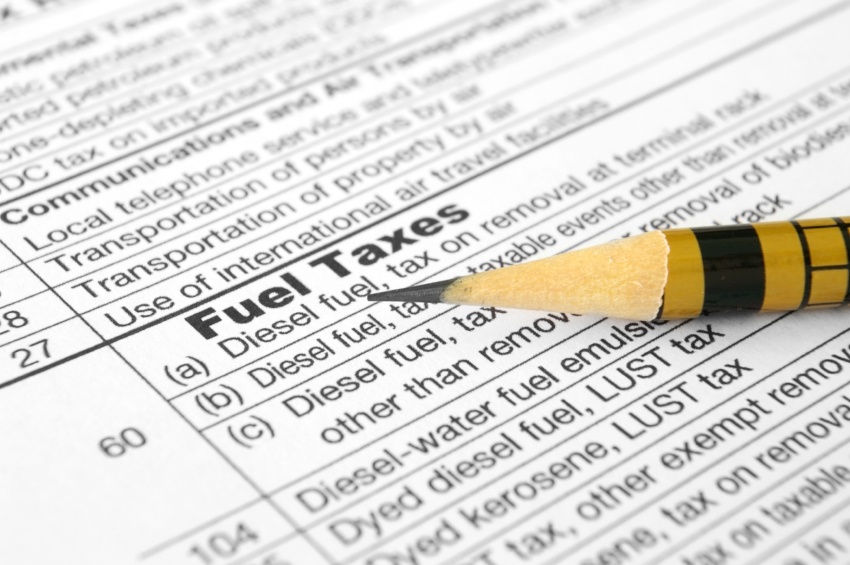 When you’re in charge of a fleet of trucks, keeping them fueled is only half the job. The other half involves keeping an eye on the fuel program.
When you’re in charge of a fleet of trucks, keeping them fueled is only half the job. The other half involves keeping an eye on the fuel program.
Yet it’s the second part of that equation that often gets neglected: Companies choose a good fuel card provider, they negotiate prices with vendors, but then they either don’t audit their programs, or fail to audit them properly.
Here are a few steps your company can take when it’s time to audit fuel invoices.
Give Yourself Time, And Collect Data
A successful review of your fuel invoices requires a staff that has enough time to do the audit, and access relevant data.
It may help to hire an outside agency to conduct the review, or to subscribe to a fuel price data service such as the Oil Price Information Service (OPIS).
Also keep in mind that data services aren’t inexpensive, but they are crucial to a successful review of your fuel program.
Calculate Your Vendor Margins
One of the basic pieces of data you’ll need to review your fuel program is the price per gallon for each transaction. Subtract from that the federal, state, county and local taxes. Price per gallon minus the taxes provides you with the fuel cost.
Typically comprising the fuel cost are the fuel itself, freight charges, possibly pump fees, and vendor-charged margins. To determine the vendor margin, compare fleet fuel transaction costs with same-day OPIS pricing for your geographic area.
Fleet managers can monitor fuel margin numbers and see if they line up with vendor-negotiated fuel prices. If the numbers don’t match up, it’s time for a closer investigation.
Keep An Eye Out For Duplicate Transactions
Duplicate transactions happen more than you’d think. Without careful monitoring, fleet managers and fuel card providers can overlook duplicate transactions on invoices.
Some final fuel Management Tips:
- Remember that auditing and accurate recordkeeping helps you spot employee theft. The more controls you have in place, the more control you have over your fleet’s expenses.
- Two people should review fuel invoices for accuracy. Fuel transactions and invoices contain many numbers, which can make reviewing their accuracy difficult and confusing.
- The fleet fuel card you pick should be one that’s accepted at most truck stops. A local-use fuel card will often charge a premium over the cash price.
- By limiting your pool to just a few fuel suppliers, fleet managers can negotiate greater price breaks based on larger volume purchasing.
As we said earlier, having an outside agency handle your fuel audit can help you find savings and uncover mistakes, fraud or waste.
Since 2003, Sokolis has been the agency for both national companies and small local businesses, finding more than $500 million in savings for its clients.
Our reporting and analysis can help you analyze prices set by your supplier, prepare you for price shifts and make sure your fuel deals, taxes, surcharges and other fees are audited properly. Contact us today to learn more about how Sokolis can help you find savings.
{{cta(‘c6a5ae06-47b5-4e4e-a2ce-6f742bb6b97b’)}}